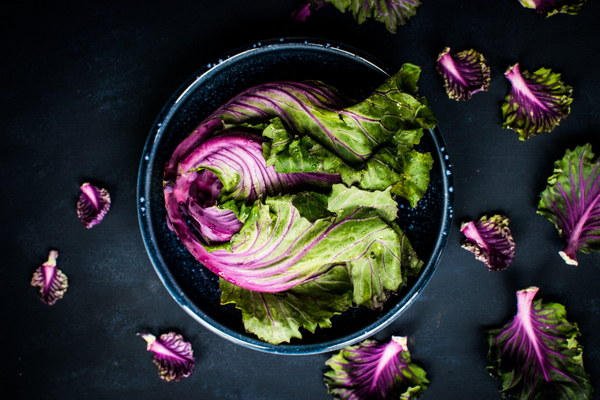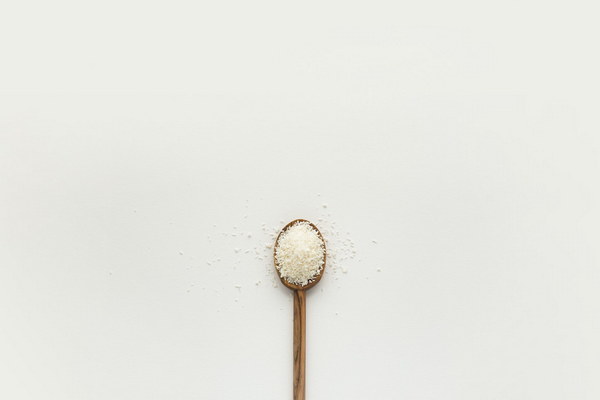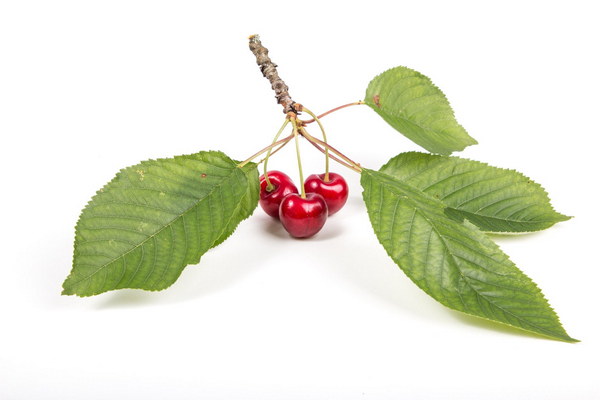Does Black Tea Possess Anti-Aging Properties
In recent years, the health benefits of black tea have been the subject of much debate and research. One of the most intriguing claims is that black tea may possess anti-aging properties. This article aims to explore the scientific evidence behind this claim and determine whether black tea can indeed help combat the aging process.

Black tea, a type of fermented tea, is derived from the same plant as green and white teas, but it undergoes a more extensive fermentation process. This process gives black tea its characteristic rich, bold flavor and dark color. The key to its potential anti-aging properties lies in the compounds it contains, such as flavonoids, caffeine, and polyphenols.
Flavonoids are a group of plant-based antioxidants that have been extensively studied for their health benefits. They can help reduce inflammation, improve heart health, and protect against chronic diseases. In the context of anti-aging, flavonoids are believed to play a crucial role in protecting the skin from damage caused by free radicals. Free radicals are unstable molecules that can cause oxidative stress, leading to aging and the development of wrinkles.
A study published in the Journal of Nutrition in 2013 investigated the effects of black tea on skin aging. The researchers found that black tea extract was able to protect skin cells from oxidative stress and damage, suggesting that it could potentially slow down the aging process. Another study, published in the British Journal of Nutrition in 2011, showed that drinking black tea could reduce the risk of skin aging by improving the skin's natural defense mechanisms against free radicals.
Caffeine, another compound found in black tea, has been shown to have anti-aging benefits. It can stimulate the skin's microcirculation, promoting the production of collagen and elastin. These proteins are essential for maintaining skin elasticity and firmness, which are crucial for a youthful appearance. Additionally, caffeine has been found to have a tightening effect on the skin, which can help reduce the appearance of fine lines and wrinkles.
Polyphenols, a class of compounds found in black tea, have also been linked to anti-aging benefits. They have been shown to have anti-inflammatory, antioxidant, and anti-microbial properties. These properties can help protect the skin from environmental damage, such as UV radiation and pollution, which can accelerate the aging process.
While the scientific evidence suggests that black tea may have anti-aging properties, it is important to note that more research is needed to fully understand the extent of these benefits. Additionally, the anti-aging effects of black tea are likely to be most effective when consumed as part of a balanced diet and healthy lifestyle.
In conclusion, black tea appears to have promising anti-aging properties, thanks to its high content of antioxidants and beneficial compounds. However, it is crucial to approach the topic with a degree of caution, as more research is needed to confirm the extent of these benefits. Nonetheless, incorporating black tea into your daily routine may be a wise choice for those looking to maintain a youthful appearance and improve their overall health.









